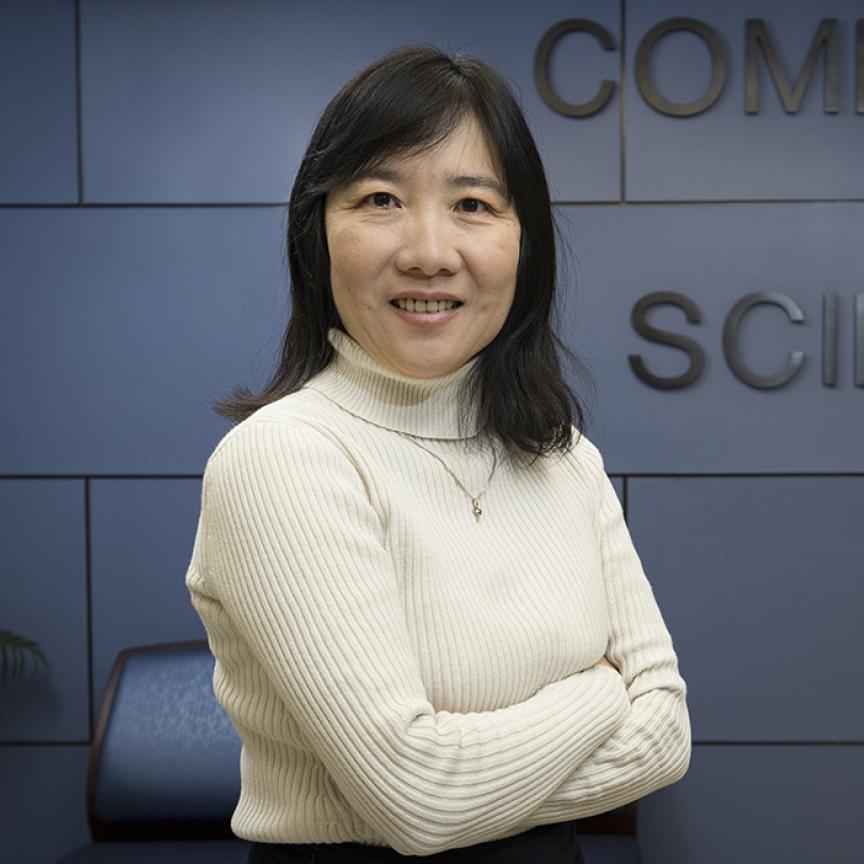Google has announced the development of a technique that uses AI and machine learning to reliably predict the function of proteins, helping us decrease the size of the ‘dark matter’ in the protein universe. Dark matter in this instance refers to the unknowns in the protein universe that this research aims to unlock.
This approach, developed in collaboration with the European Bioinformatics Institute, uses deep learning and allows for the prediction of protein function, functional effects of mutations, and protein design. The research, published in Nature Biotechnology, can be applied to drug discovery, enzyme design, and even understanding the origins of life.
Max Bileschi, staff software engineer on the Google Research Brain Team, said: ‘There are billions of proteins, and for about a third of them, we don't know what they do. The need to understand these is urgent, as they can address humanitarian crises like antibacterial resistance and climate change. For instance, penicillin is the product of natural reactions between proteins, and plant proteins can be exploited to reduce atmospheric CO2.
‘Our methods reliably predict what more proteins do, and they're fast, cheap, and easy to try. This has resulted in an almost 10 per cent increase in annotated protein sequences in the trusted Pfam database.
‘Google has always set out to help organise the world’s information, and to make it useful to everyone. Equity in access to the appropriate technology and useful instruction for all scientists is an important part of this mission. This is why we’re committed to making these models useful and accessible. Because, who knows, one of these proteins could unlock the solution to antibiotic resistance, and it’s sitting right under our noses.’


